

Meet and Greet 4:30pm at The Stephenson Institute
Tony Carilli is a professor of Economics and Business at Hampden-Sydney College where he is an awarding winning teacher and researcher. He has a PhD in Economics from Northeastern University, and teaches courses in Econometrics, Decision Analysis, Introduction to R and the tidyverse for social scientists, and Introduction to Economics.
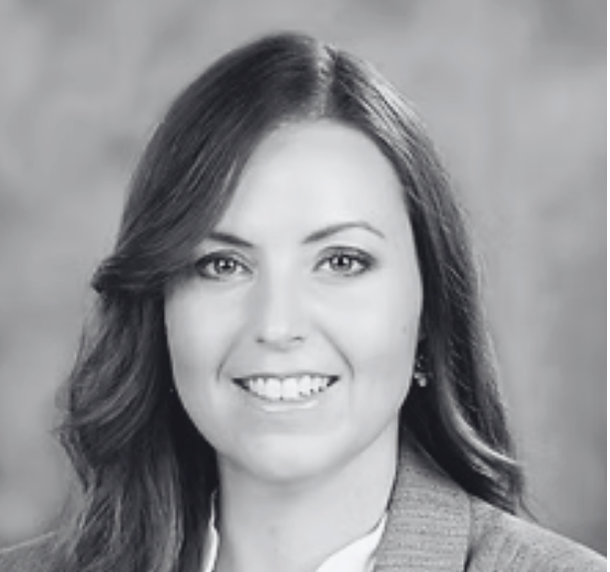
Meet and Greet 4:30pm at The Stephenson Institute
Dr. Claudia Williamson Kramer is the Probasco Distinguished Chair of Free Enterprise and Professor of Economics at the University of Tennessee at Chattanooga. She is also the Director of the Center for Economic Education. Her main research interests lie at the intersection of applied economic development and political economy. A common thread of her work is the combination of incentive and knowledge arguments revealing interesting, and at times, unconventional results.
Claudia currently serves as an editor for Public Choice and the Journal of Institutional Economics, on the board of trustees for the Southern Economic Association, and Institute of American Civics board of fellows at the University of Tennessee.
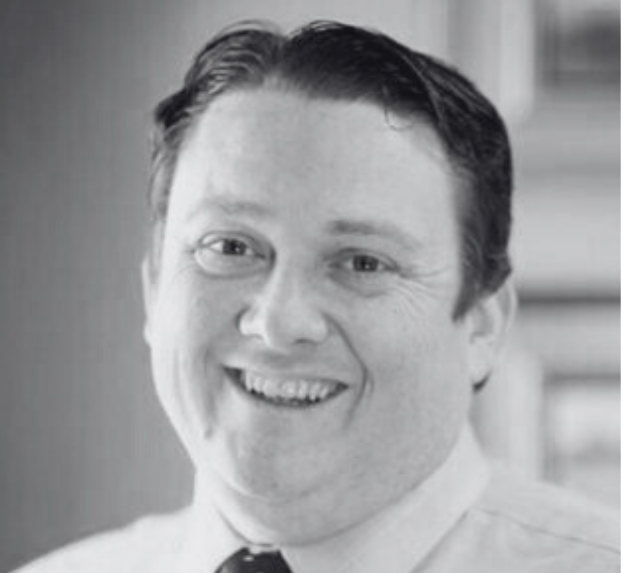
Meet and Greet 4:30pm at The Stephenson Institute
Ryan M. Yonk is the Director of Education and Senior Research Fellow at the American Institute for Economic Research. He holds a PhD from Georgia State University and a MS and BS from Utah State University. Prior to joining AIER he held academic positions at North Dakota State University, Utah State University, and Southern Utah University, and was one of the founders of the Strata Policy. He is the (co) author or editor of numerous books including Green V. Green, Nature Unbound: Bureaucracy vs. the Environment, The Reality of American Energy, and Politics and Quality of Life: The Role of Well-Being in Political Outcomes.
He has also (co) authored numerous articles in academic journals including Public Choice, The Independent Review, Applied Research in Quality of Life, and the Journal of Private Enterprise. His research explores how policy can be better crafted to achieve greater individual autonomy and prosperity.

Meet and Greet 4:30pm at The Stephenson Institute
Bryan Cutsinger is assistant professor of economics in the College of Business at Florida Atlantic University and a Phil Smith Fellow at the Phil Smith Center for Free Enterprise. He is also an Associate Editor of the journal Public Choice and a Sound Money Project fellow at the American Institute for Economic Research.
Cutsinger's research focuses on monetary theory and history and political economy, and his scholarly work has been published in Economics Letters, the European Economic Review, the European Review of Economic History, Explorations in Economic History, Public Choice, and the Southern Economic Journal. His popular writing has appeared in the City Journal, National Review, and the Wall Street Journal.

Anthropoid Film Screening: ANTHROPOID is based on the extraordinary true story of “Operation Anthropoid,” the code name for the Czechoslovakian operatives’ mission to assassinate SS officer Reinhard Heydrich. Heydrich, the main architect behind the Final Solution, was the Reich’s third in command behind Hitler and Himmler and the leader of Nazi forces in Czechoslovakia.
The film follows two soldiers from the Czechoslovakian army-in-exile, Josef Gabík (Cillian Murphy) and Jan Kubiš (Jamie Dornan), who are parachuted into their occupied homeland in December 1941. With limited intelligence and little equipment in a city under lock down, they must find a way to assassinate Heydrich, an operation that would change the face of Europe forever.
Recommended for students interested in the Summer Seminar on Classical Liberalism in Prague July 19-24, 2026 | Prague, Czech Republic

Meet and Greet 4:30pm at The Stephenson Institute
Anthony Gregory is a Hoover Fellow at the Hoover Institution on War, Revolution and Peace, at Stanford University. He is a legal and policy historian of the American state. He was previously an assistant professor in residence at Rhode Island School of Design’s Department of History, Philosophy, and Social Sciences. He earned his PhD in History at the University of California Berkeley, where he trained as an Americanist studying politics and law, and spent two years as a postdoctoral research associate at Brown University’s Political Theory Project before beginning at RISD.
Gregory is the author of multiple academic publications on national security, constitutionalism, and legal theory and is currently working on modern American liberalism and criminal justice, particularly on how the New Deal war on crime legitimated and transformed U.S. governance.
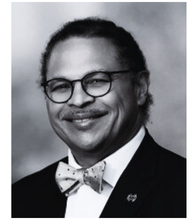
Dean Marcus Cole, JD
Dean Cole is a leading scholar of the empirical law and economics of commerce and finance. His recent research has involved the ways in which the world’s poor are using technology to solve their own problems, often in the face of government restrictions hindering such solutions.
Dean Cole’s extensive legal and scholarly background includes serving as a national fellow at the Hoover Institution, a fellow at the University of Amsterdam Center for Law and Economics, and a visiting professor at several institutions around the world, including the University of Amsterdam, the University of Vienna, Leiden University, Bucerius Law School in Hamburg, Germany, Northwestern University, Korea University, and Peking University School of Transnational Law in Shenzhen, China.
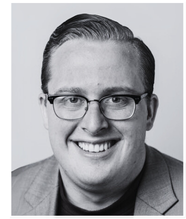
Dr. Brian Kogelmann
Brian Kogelmann is an Associate Professor of Philosophy and Political Science at Purdue University, and an Affiliated Fellow at the F.A. Hayek Program for Advanced Studies in Philosophy, Politics, and Economics at the Mercatus Center at George Mason University. Dr. Kogelmann's research focuses on the intersection of ethics and political economy.
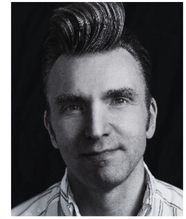
Dr. Mark Pennington
Mark Pennington is Professor of Political Economy and Public Policy and the director of the Centre for the Study of Governance and Society at King’s College, London. Dr. Pennington's work takes place at the intersection of philosophy, politics, and economics with a focus on problems of limited knowledge and bounded rationality. This approach is exemplified in his new book Foucault and Liberal Political Economy: Power, Knowledge and Freedom (Oxford University Press, 2025) which is the first attempt to integrate Michel Foucault’s ‘post-modern’ social and political theory with the perspective of liberal political economy.
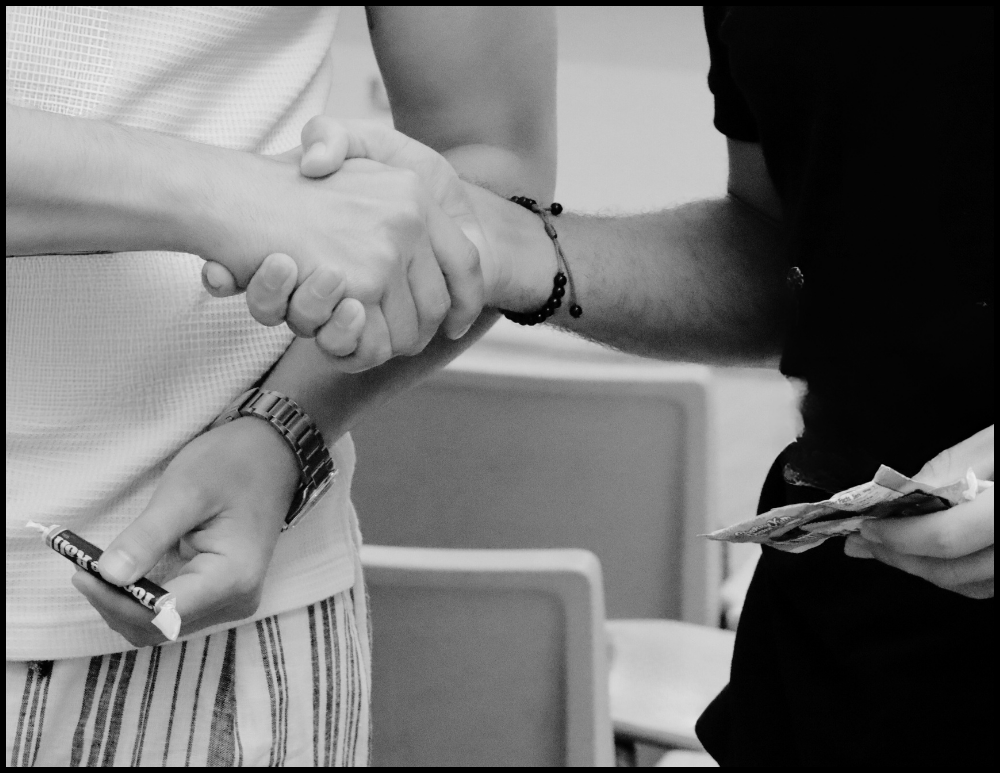
Dan D'Amico
Dan D'Amico will guide students through The Trading Game . A fun and fast paced game that illustrates how swapping goods, services, or even ideas doesn’t just build wealth - it builds happiness. When people trade, both sides walk away better off, turning self-interest into mutual benefit. It’s economics in action, but also a reminder that cooperation drives progress.
Be prepared to trade stuff.
*Stuff provided.
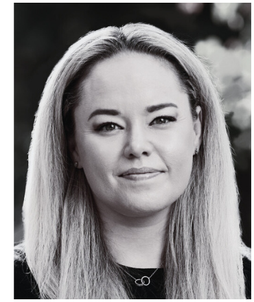
Dr. Emily Skarbek
Emily Skarbek is an Associate Research Professor of Political Economy in the Center for Philosophy, Politics, and Economics and the Director of the PPE Research Workshop at Brown University. Dr. Skarbek's research focuses on political economy, public economics, and the history of economic thought.
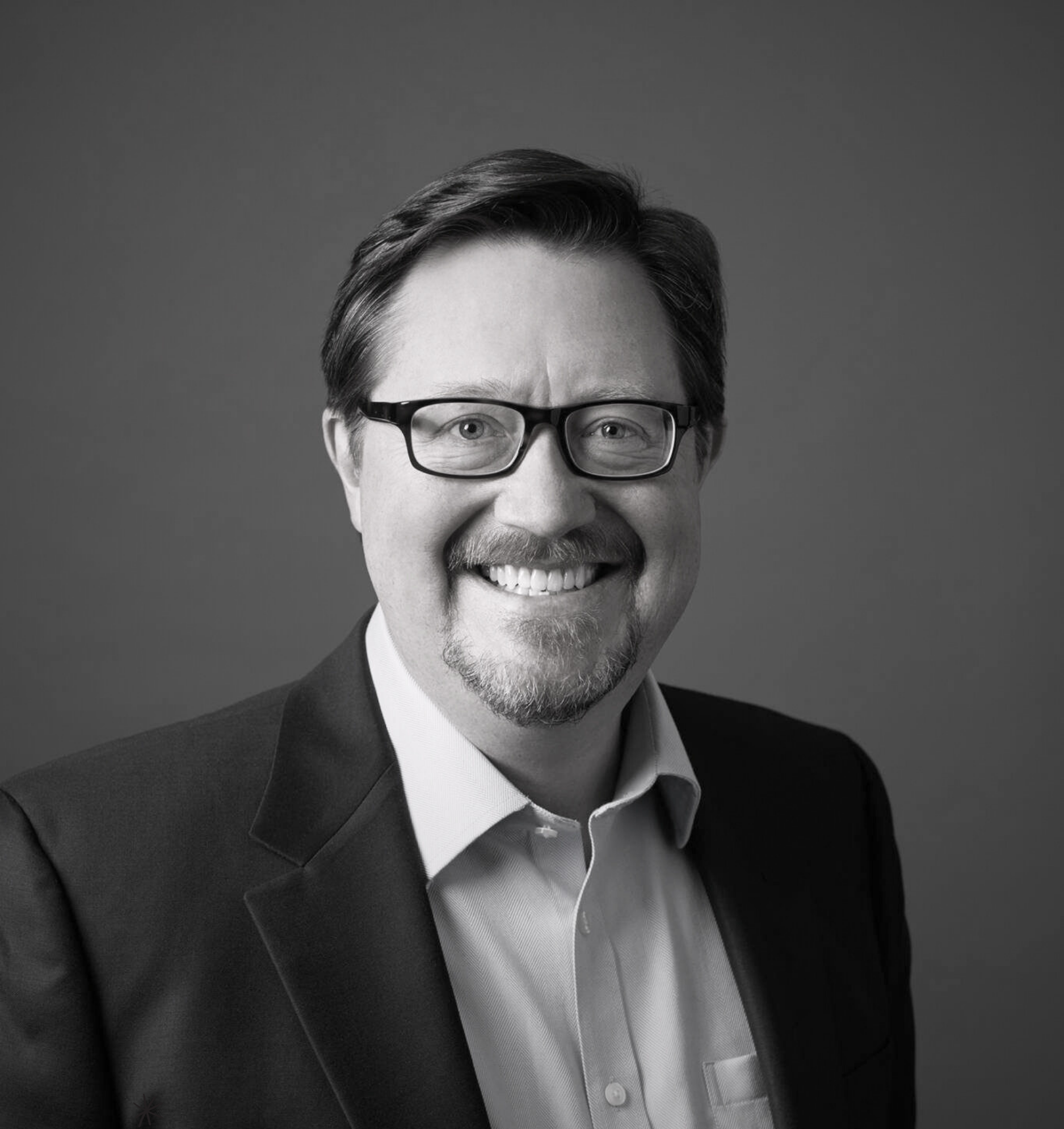
Thomas Leonard
Thomas Leonard is an historian of economics, specializing in the American Gilded Age and Progressive Era. He is Research Scholar in the Council of the Humanities at Princeton University and Lecturer in the Department of Economics, which has twice awarded him the Richard D. Quandt Prize for outstanding teaching. His widely acclaimed book, Illiberal Reformers: Race, Eugenics and American Economics in the Progressive Era, was published by Princeton University Press in January 2016.
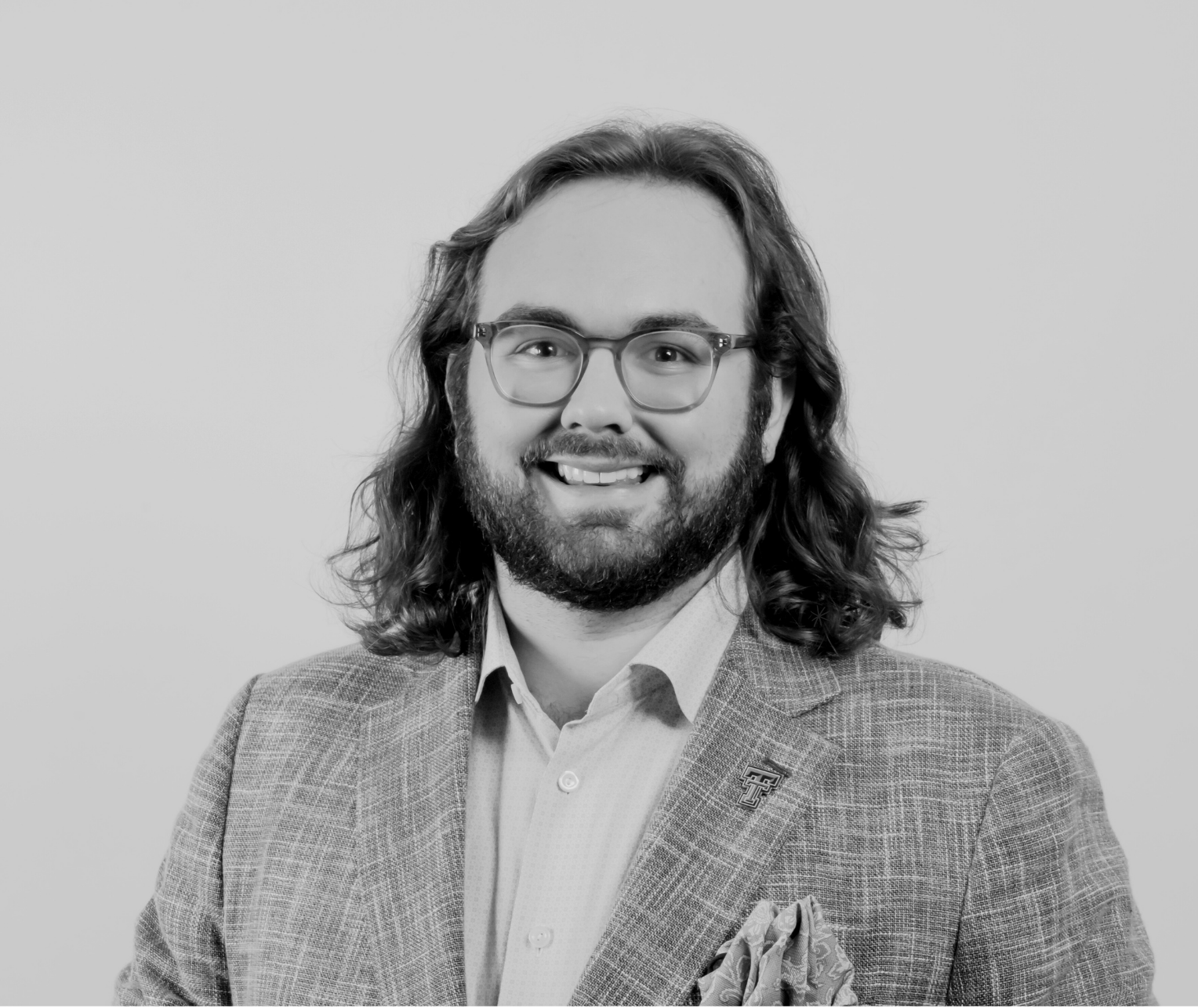
Dr. Justin Callais
Justin Callais is the Chief Economist with the Archbridge Institute, Co-Editor of Profectus Magazine, and hosts a Substack on economic prosperity called "Debunking Degrowth." Before Archbridge, Dr. Callais was an Assistant Professor of Economics & Finance at the University of Louisiana at Lafayette. He completed his Ph.D. in Agricultural and Applied Economics from Texas Tech University, where he was a Research Assistant at the Free Market Institute.
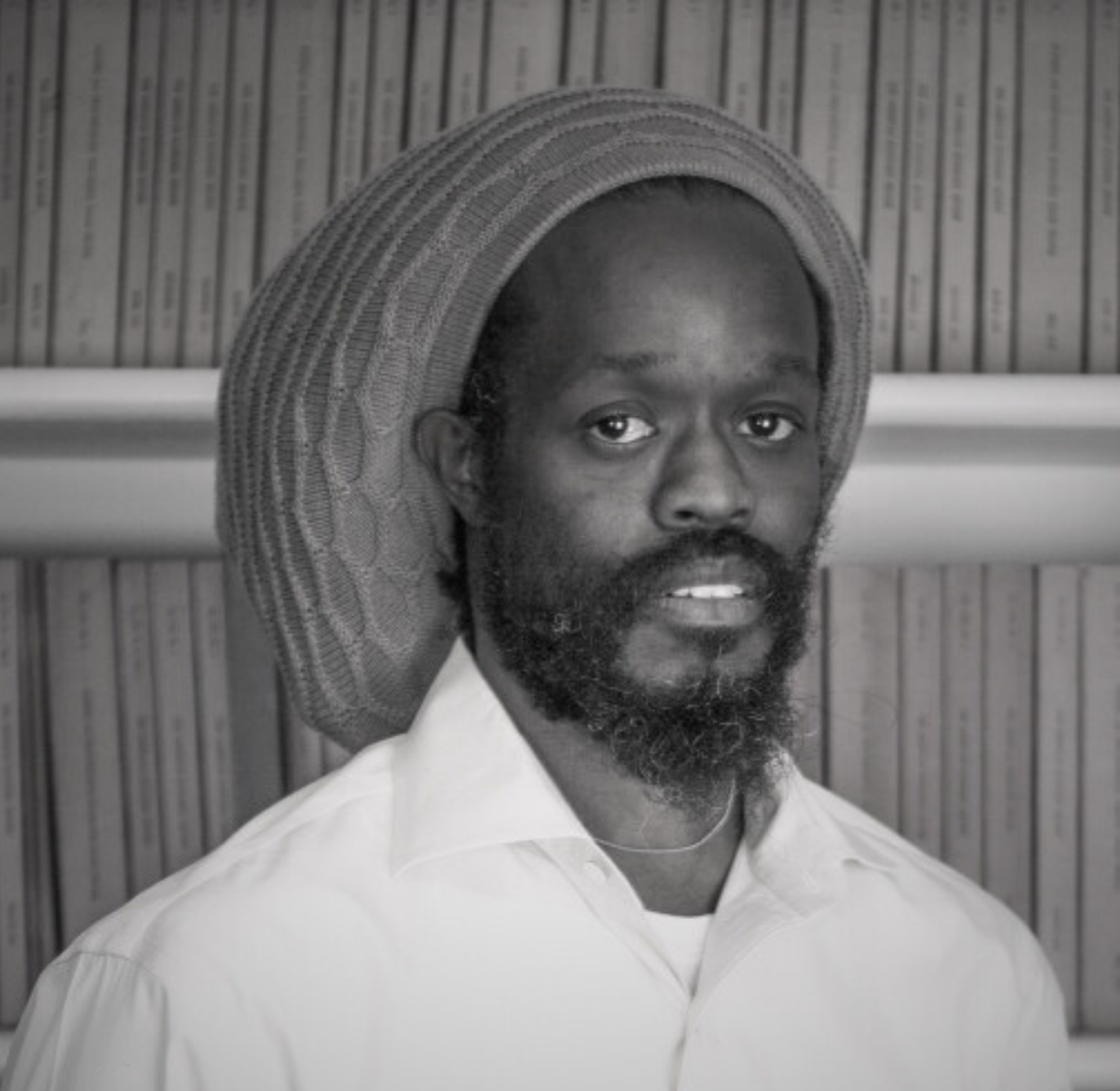
Dr. Virgil Storr
Virgil Storr is Vice President, Academic & Student Programs, Don C. Lavoie Senior Fellow with the F. A. Hayek Program for Advanced Study in Philosophy, Politics, and Economics at the Mercatus Center at George Mason University, a Mercatus Center Board Member, and associate professor of economics at George Mason University.
Virgil received his PhD in economics from George Mason University and his BA from Beloit College. While pursuing his PhD in economics at George Mason University, Virgil was a Mercatus PhD Fellow.
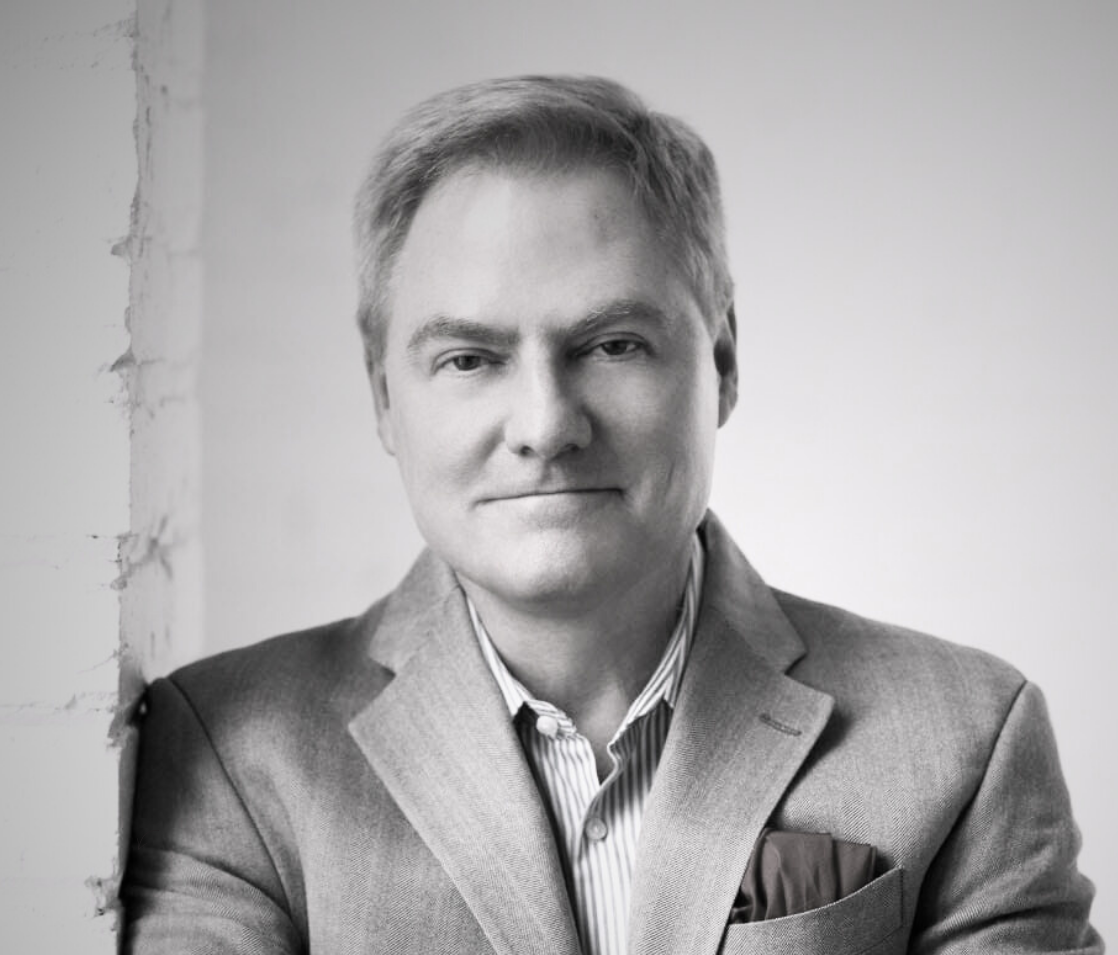
Dr. Tom Palmer
Dr. Tom G. Palmer is executive vice president for international programs at Atlas Network where he holds the George M. Yeager Chair for Advancing Liberty. He is co-author with Matt Warner of Development with Dignity: Self-Determination, Localization, and the End to Poverty (Routledge, 2022) and with Bryan Cheang of Institutions and Economic Development: Markets, Ideas, and Bottom-Up Change (Springer 2023). He is also a senior fellow at the Cato Institute. Before joining Cato, he was a vice president of the Institute for Humane Studies at George Mason University. He has worked extensively with NGOs in every region of the world (notably recently including Brazil, Argentina, and Poland).
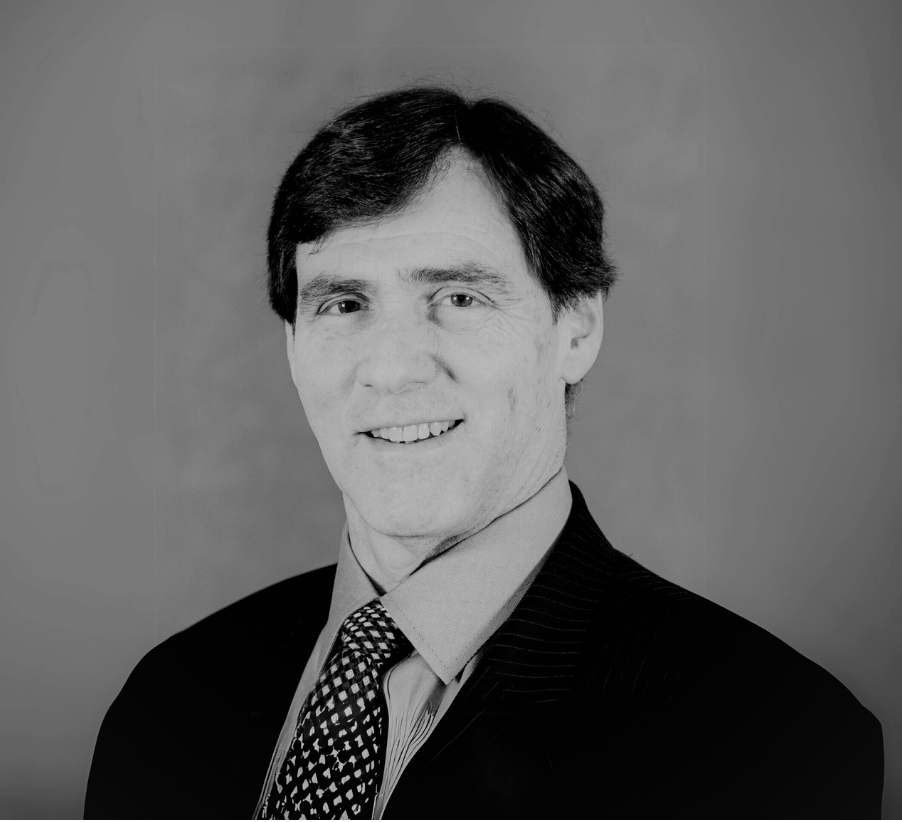
John Hasnas
John Hasnas is a professor of law (by courtesy) at Georgetown University Law Center, a professor of business at Georgetown’s McDonough School of Business, and the executive director of the Georgetown Institute for the Study of Markets and Ethics. Professor Hasnas has held previous appointments as associate professor of law at George Mason University School of Law, visiting associate professor of law at Duke University School of Law and the Washington College of Law at American University, and Law and Humanities Fellow at Temple University School of Law. Professor Hasnas has also been a visiting scholar at the Kennedy Institute of Ethics in Washington, DC and the Social Philosophy and Policy Center in Bowling Green, Ohio. He received his B.A. in Philosophy from Lafayette College, his J.D. and Ph.D. in Legal Philosophy from Duke University, and his LL.M. in Legal Education from Temple Law School. His scholarship concerns ethics and white-collar crime, jurisprudence, and legal history.
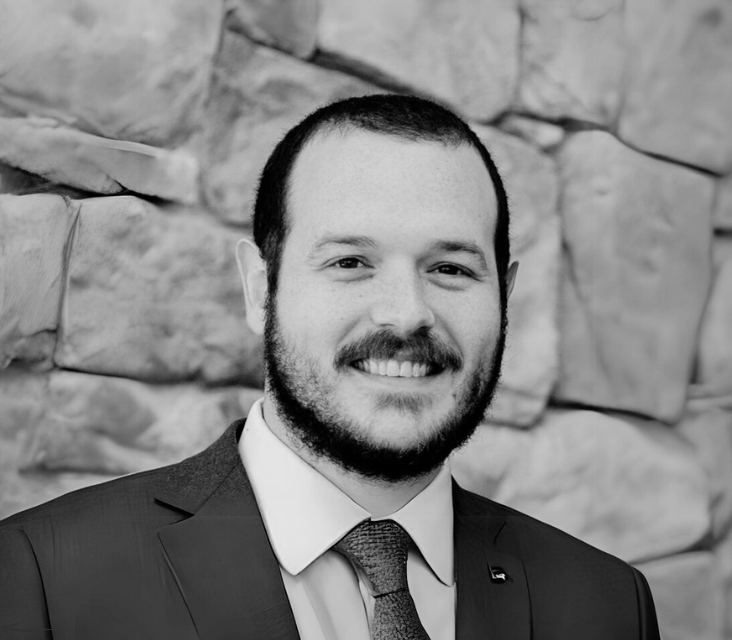
Colin Harris
Colin Harris is a visiting Scholar in Residence at The Stephenson Institute for Classical Liberalism. He is the Tomson Family Chair and Associate Professor of Law and Economics at St. Olaf College, and Book Review Editor at Public Choice.
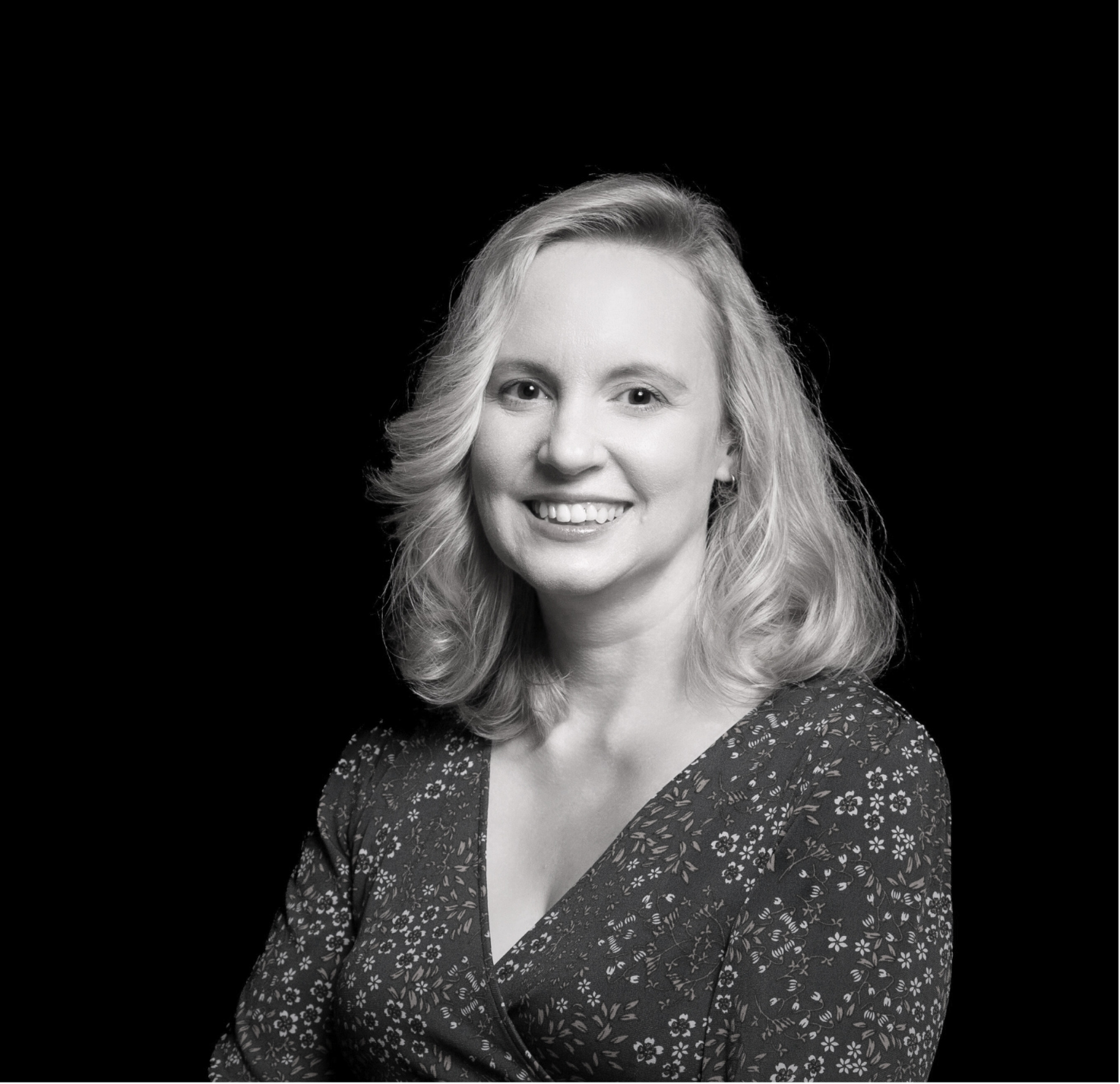
Jess Flanigan
Jessica Flanigan is the Richard L Morrill Chair of Ethics and Democratic Values at the University of Richmond. Her research addresses the ethics of public policy, medicine, and business. Flanigan is the author of Pharmaceutical Freedom (OUP 2017) and the co-author of Debating Sex Work (OUP 2019), in addition to numerous articles in journals such as Philosophical Studies, The Australasian Journal of Philosophy, The Journal of Moral Philosophy, The Journal of Business Ethics, and the Journal of Political Philosophy. Flanigan recently completed a book about sociolinguistics and ethics (Rutledge, 2025). She is currently wrapping up a book and several essays about the ethics of pregnancy and fertility policy. She is also currently writing about animal ethics, supererogation, libertarianism, pro sports, and Taylor Swift.
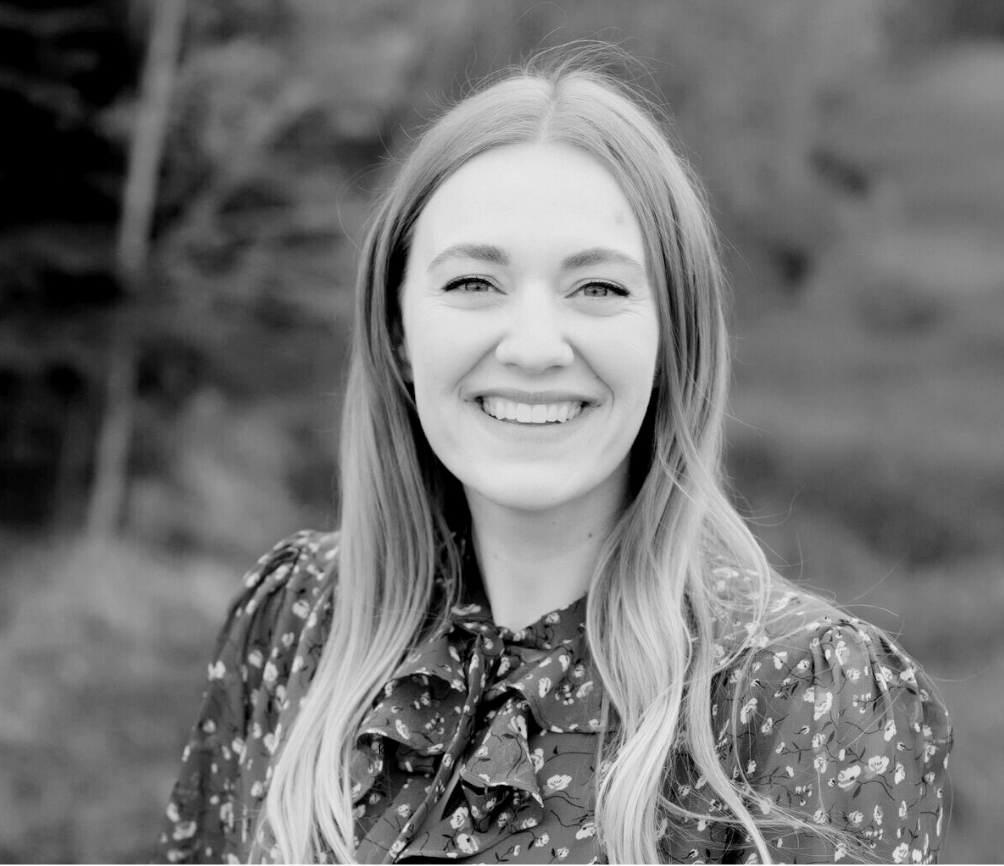
Dr. Katherine Wright
Katherine Wright is a PERC senior researcher. She is an expert on water policy and her current work includes exploration of solutions to western water scarcity. Through this work, she aims to facilitate long-term policy solutions that meet the needs of diverse stakeholder groups. Additional work focuses on analyzing the impact of water transfers on development and agricultural stakeholders. Dr. Wright is also committed to improving the transparency of and data availability related to public water programs. Although her past research focused on water, her work is applicable to fisheries, land use, and other natural resources. She was an Osker Morgenstern fellow for the Mercatus Center for three years and received Arizona State University’s School of Sustainability Outstanding Graduate Comprehensive Exam award. She graduated with a Ph.D. in sustainability from Arizona State University.
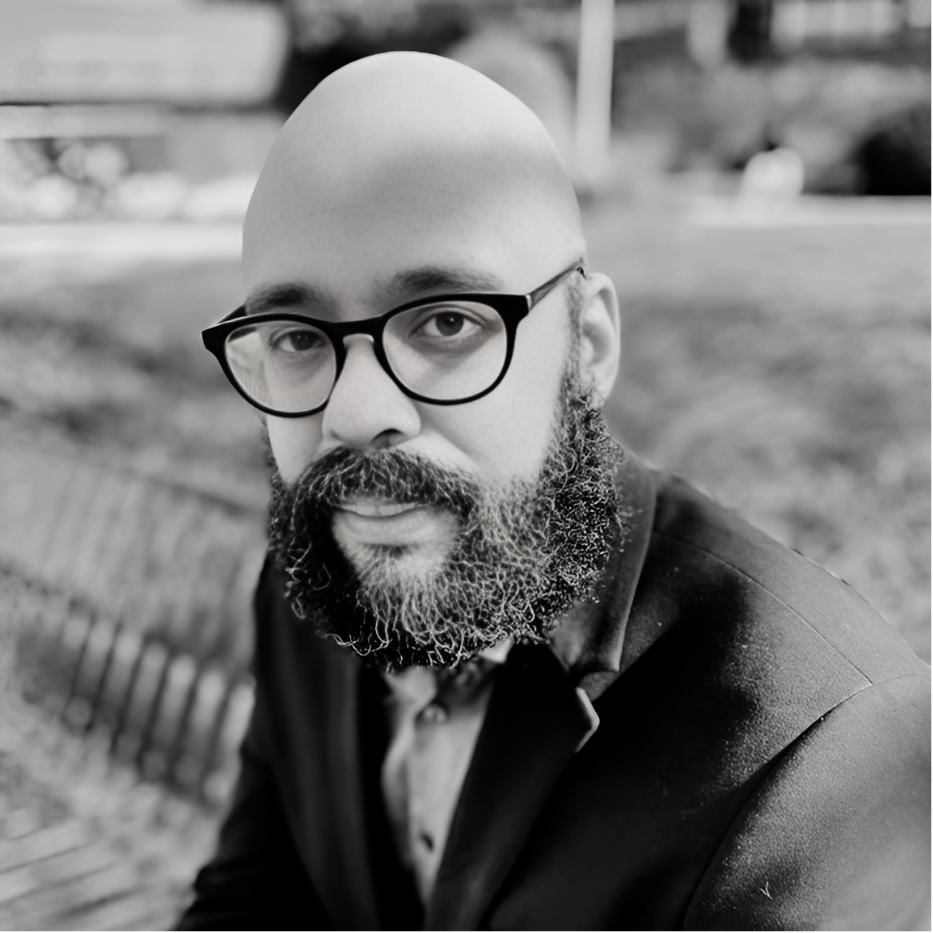
Musa al-Gharbi
Musa al-Gharbi is a Paul F. Lazarsfeld Fellow in Sociology. Broadly, his research explores how we think about, talk about, and produce knowledge about social phenomena including race, inequality, social movements, extremism, policing, national security, foreign policy and domestic U.S. political contests.
Prior to joining Columbia Sociology, Musa obtained a B.A. in Near Eastern Studies, a M.A. in Philosophy and taught classes in Political Science at the University of Arizona. His work, accordingly, draws on methods and theories from a range of disciplines -- and has been published and cited in academic journals and textbooks across a range of disciplines.
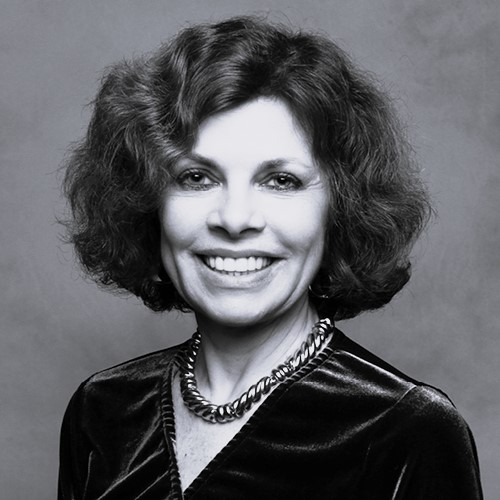
Nadine Strossen
Nadine Strossen, the John Marshall Harlan II Professor of Law Emerita at New York Law School and past President of the American Civil Liberties Union (1991-2008), is a Senior Fellow with FIRE (the Foundation for Individual Rights and Education) and a leading expert and frequent speaker/media commentator on constitutional law and civil liberties, who has testified before Congress on multiple occasions. She serves on the advisory boards of the ACLU, Academic Freedom Alliance, Heterodox Academy, National Coalition Against Censorship, and the University of Austin.
The National Law Journal has named Strossen one of America’s "100 Most Influential Lawyers," and several other publications have named her one of the country’s most influential women. Her many honorary degrees and awards include the American Bar Association’s prestigious Margaret Brent Women Lawyers of Achievement Award (2017). In 2023, the National Coalition Against Censorship (an alliance of more than 50 national non-profit organizations) selected Strossen for its Judy Blume Lifetime Achievement Award for Free Speech.
Strossen graduated Phi Beta Kappa from Harvard College and magna cum laude from Harvard Law School. Before becoming a law professor, she practiced law in Minneapolis (her hometown) and New York City.
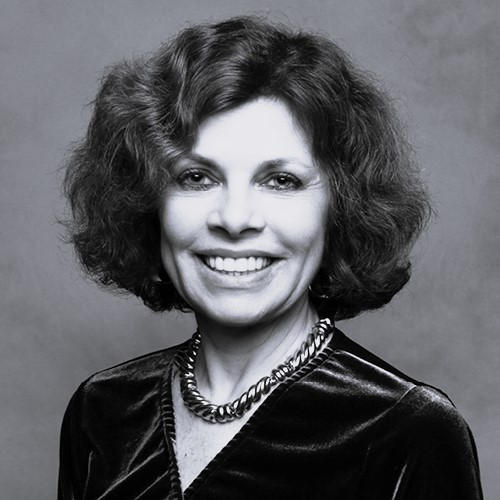
Visit with Nadine Strossen.
Free books while they last:
Hate: Why We Should Reisist it with Free Speech, Not Censorship
Defending Pornography: Free Speech, Sex, and the Fight for Women's Rights
Refreshments will be served.
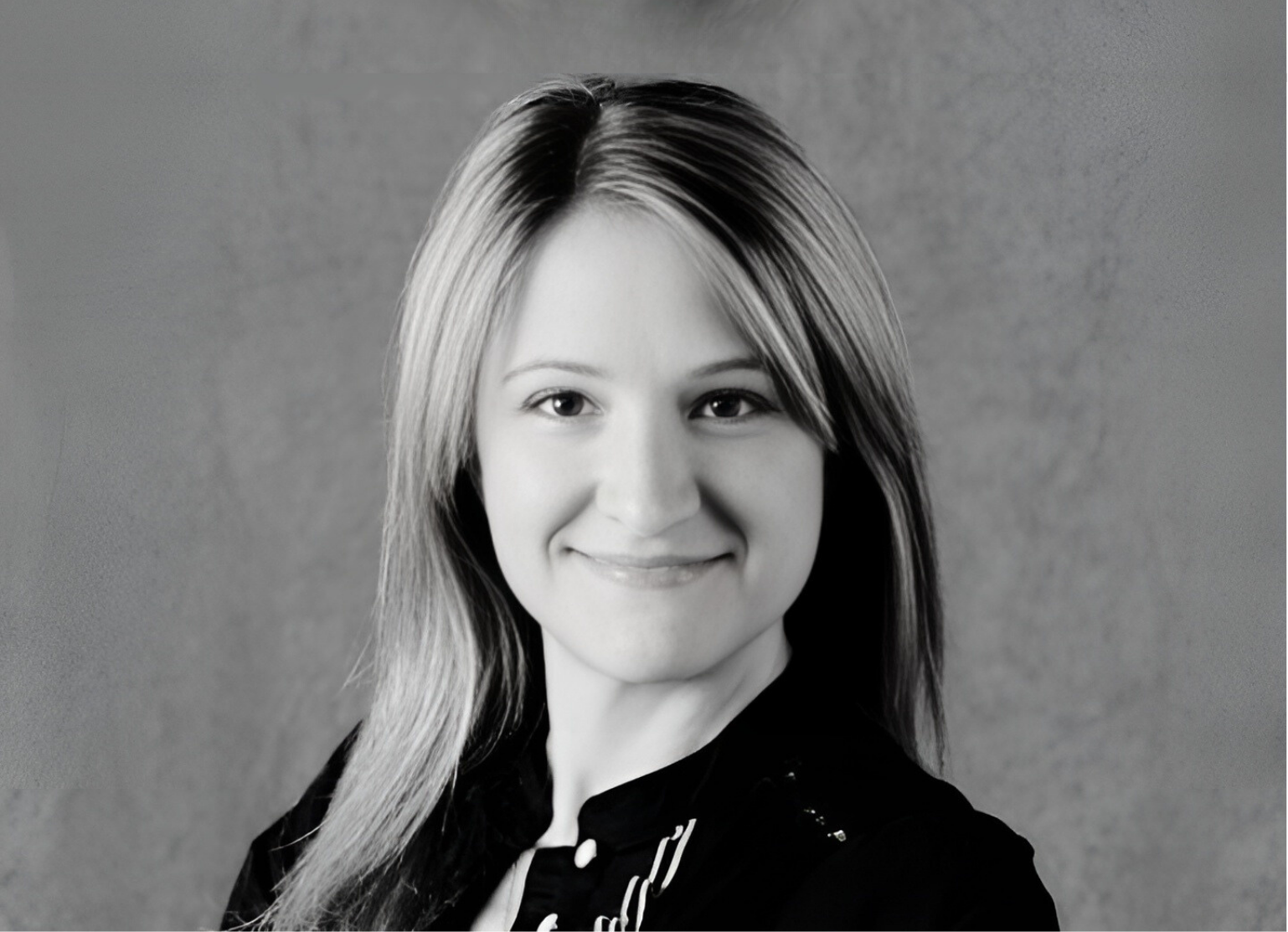
Heather Augustyn
Heather Augustyn is a lecturer in the English and World Languages Department at Purdue University Northwest. She is author of seven books on Jamaican music history. Prior to teaching at PNW she was correspondent for The Times of Northwest Indiana for 12 years. She worked in public relations for ten years in Chicago at The Museum of Broadcast Communications, Clear Channel Communications, Planet Hollywood, and Edelman Public Relations. Her work has appeared in such national publications as Wax Poetics, The Village Voice, The Humanist Magazine, Caribbean Quarterly, Jamaica Journal, and World Watch Magazine.
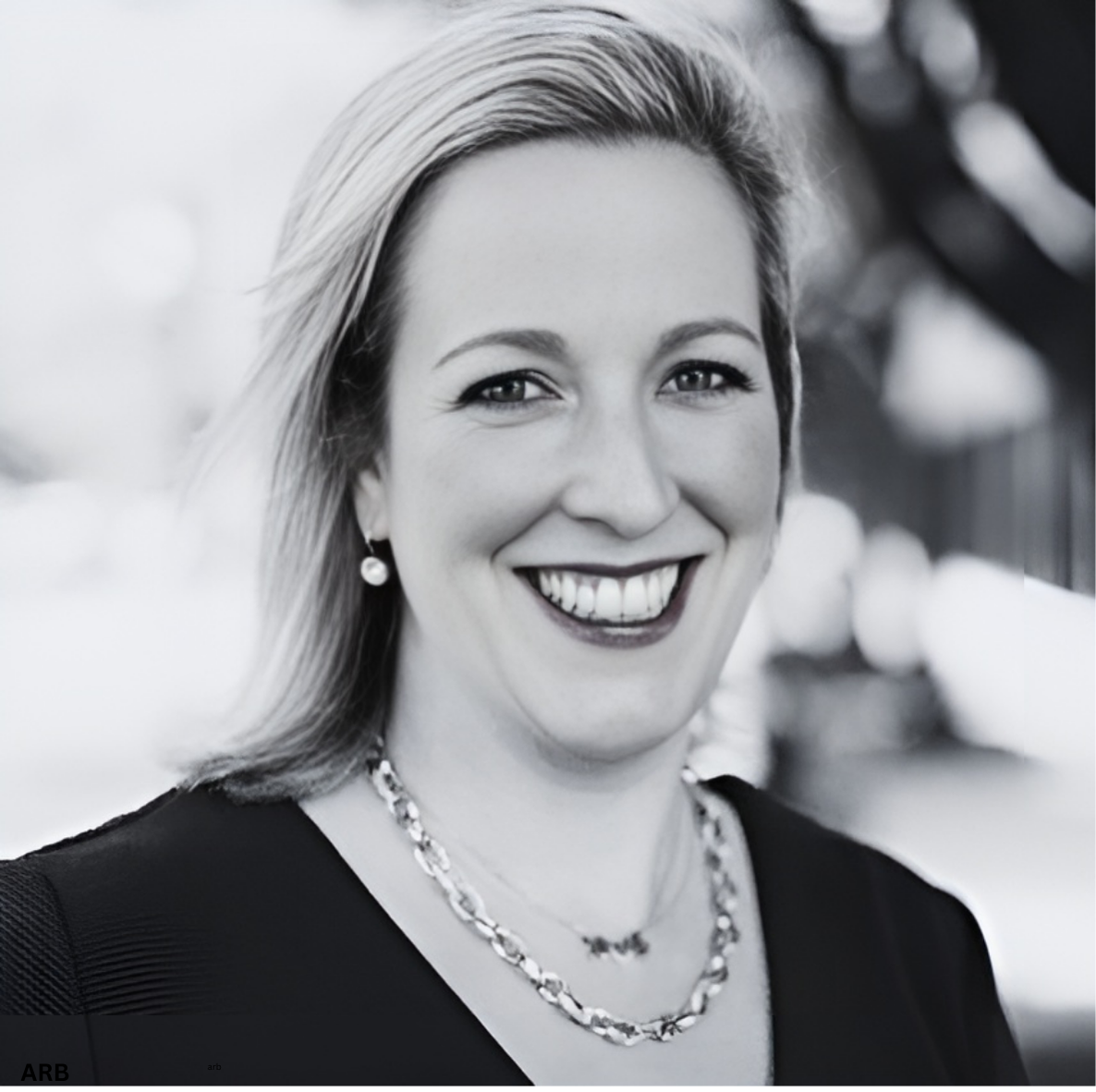
Dr. Anne Rathbone Bradley
Dr. Anne Rathbone Bradley is the George and Sally Mayer Fellow for Economic Education and vice president of academic affairs at The Fund for American Studies. Through this position, Dr. Bradley works to enhance the impact and reach of TFAS and FTE economic education programs through courses, seminars, videos and social media. She also delivers lectures around the country and oversees curriculum development and evaluation for economics courses. In addition to her role as a fellow and vice president of academic affairs, Dr. Bradley continues to teach impactful economics courses to TFAS students and consistently receives outstanding marks in students’ post-program evaluations.
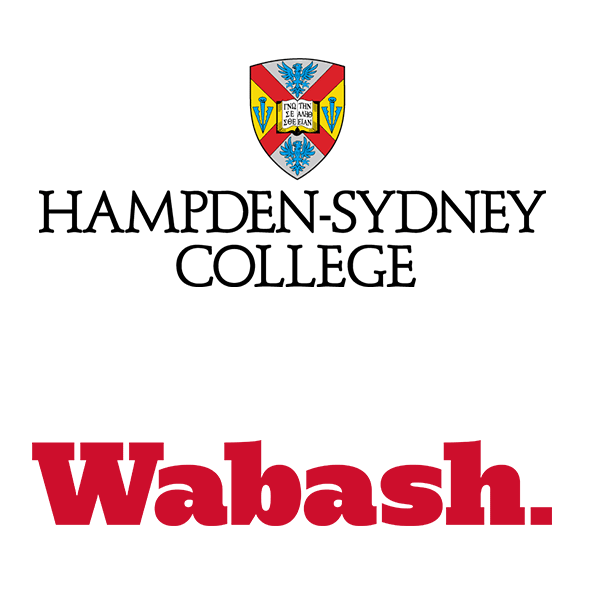
In cooperation with professor Audrey Redford of the Economics Department at Hampden Sydney College, The Stephenson Institute will be sponsoring a reading and discussion seminar. Hampden Sydney students will travel to Wabash to participate in a guided discussion group on a selection of readings and enjoy the football game. The readings have been curated to showcase the rich tradition of Classical Liberalism at Wabash College and is aimed to be published as a collected volume for ongoing distribution by the institute in conjunction with the American Institute for Economic Research.
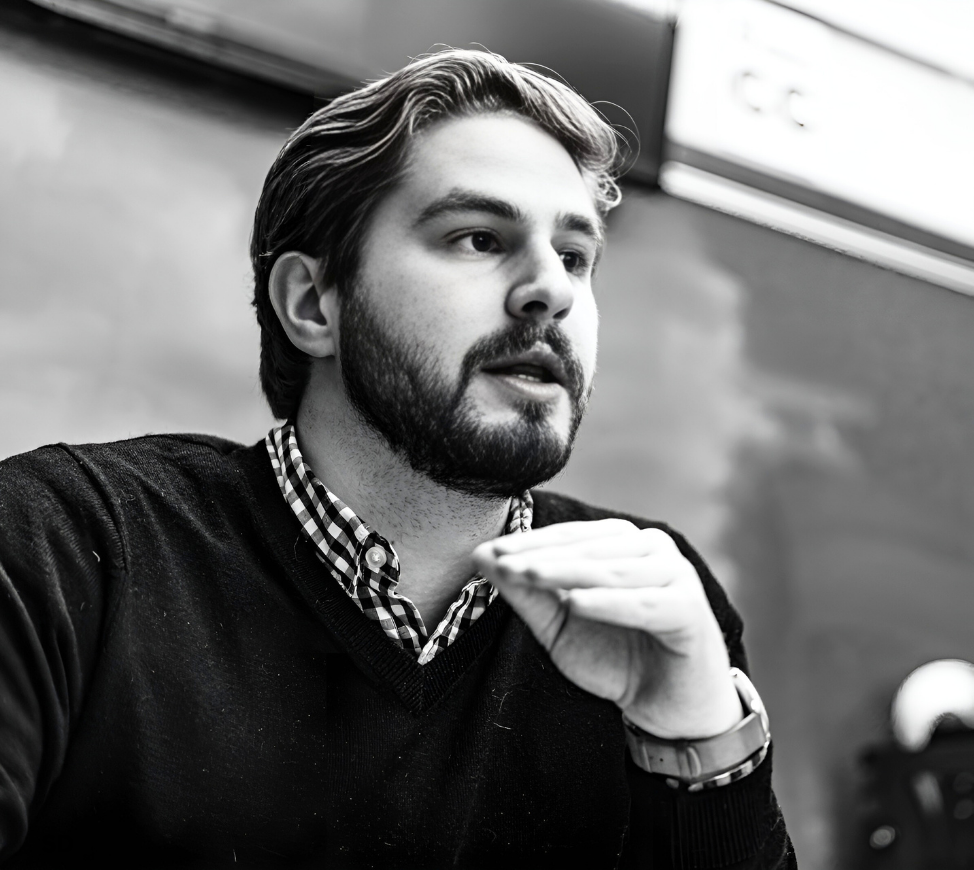
Dr. Sam Director
Dr. Samuel Director received his Ph.D. in philosophy from the University of Colorado, Boulder and specializes in applied ethics, with a focus on bioethics. He was a Postdoctoral Fellow at Brown University's Center for Philosophy, Politics, and Economics.
Terry L. Anderson
Terry L. Anderson has been a senior fellow at the Hoover Institution since 1998 and is currently the John and Jean De Nault Senior Fellow (adjunct). He is the past president of the Property and Environment Research Center in Bozeman, MT, and a Professor Emeritus at Montana State University where he won many teaching awards during his 25 year career.
Anderson is one of the founders of “free market environmentalism,” the idea of using markets and property rights to solve environmental problems, and in 2015 published the third edition of his co-authored book by that title. He is author or editor of 39 books, including most recently, Unlocking the Wealth of Indian Nations (2016), exploring the institutional underpinnings of American Indian reservation economies.
Please join us for conversation, food and wine with our favorite Distinguished Scholar in Residence, Michael Brescia. All are welcome.
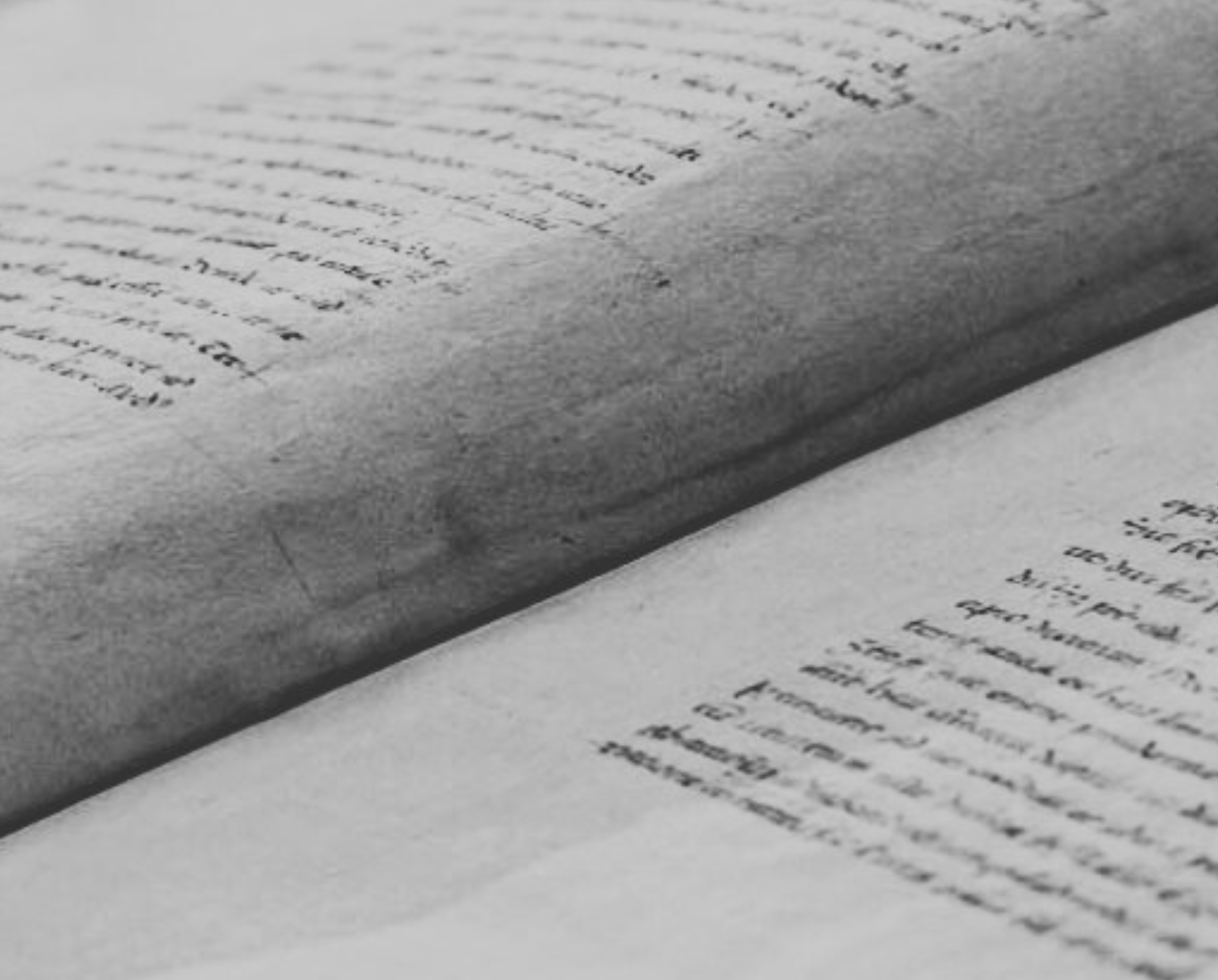
Visit the Stephenson Institute and view original versions of classical legal texts, in collaboration with The Remnant Trust. Light refreshments will be provided.
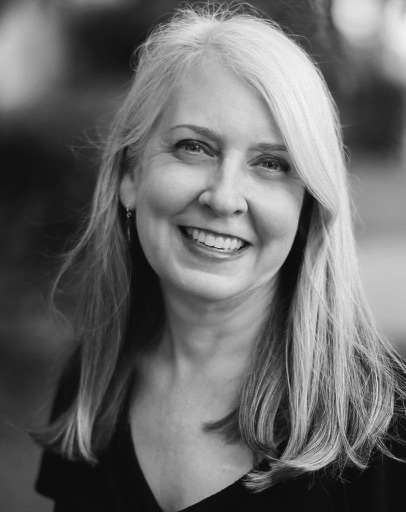
Virginia Postrel
Virginia Postrel is an author, columnist, and speaker whose work spans a broad range of topics, from social science to fashion, concentrating on the intersection of culture, commerce, and technology. She is a visiting fellow at the Smith Institute for Political Economy and Philosophy at Chapman University, where she teaches classes combining the humanities and economics.
Her latest book The Fabric of Civilization: How Textiles Made the World, was published in November 2020 by Basic Books and is available as an audiobook. It examines the development of technology, industry, and commerce through the history of textiles, from prehistoric times to the near future.
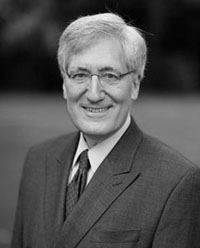
Robert P. George
Robert P. George, McCormick Professor of Jurisprudence and director of the James Madison Program in American Ideals and Institutions at Princeton University, has accepted an invitation coordinated by the Wabash College Republicans and to be sponsored by The Stephenson Institute for Classical Liberalism. The Institute will further facilitate a series of reading and discussion groups on core pieces of George’s past scholarship including Making Men Moral (1995) and Natural Law, Liberalism, and Morality (2001).
Dr. Anna Krylov and Dr. Luana Maroja
We will present a roundtable discussion on the importance of merit in the sciences. Dr. Anna Krylov and Dr. Luana Maroja will lead a conversation on merit, science, free speech, and the intrusion of identity politics into the modern scientific enterprise. After sharing their lived experiences, our speakers will welcome questions from the audience.
Tony Hernandez
Clearly, anger has awful and destructive tendencies. And yet, we admit that anger has pious qualities, at least when in the form of righteous indignation. This raises a question: is the anger that victims feel towards their offenders justified? Many people believe so.
Anger is commonly said to restore one's dignity after suffering an offense. However, it's not at all clear how anger can do this.
To support this common view, Dr. Hernandez will show in this talk how anger prevents victims from thinking of themselves as worth less than their offender, a thought they acquire by empathy with him. Because this kind of empathy is prevented by anger, he argues that its justification rests on liberal grounds.
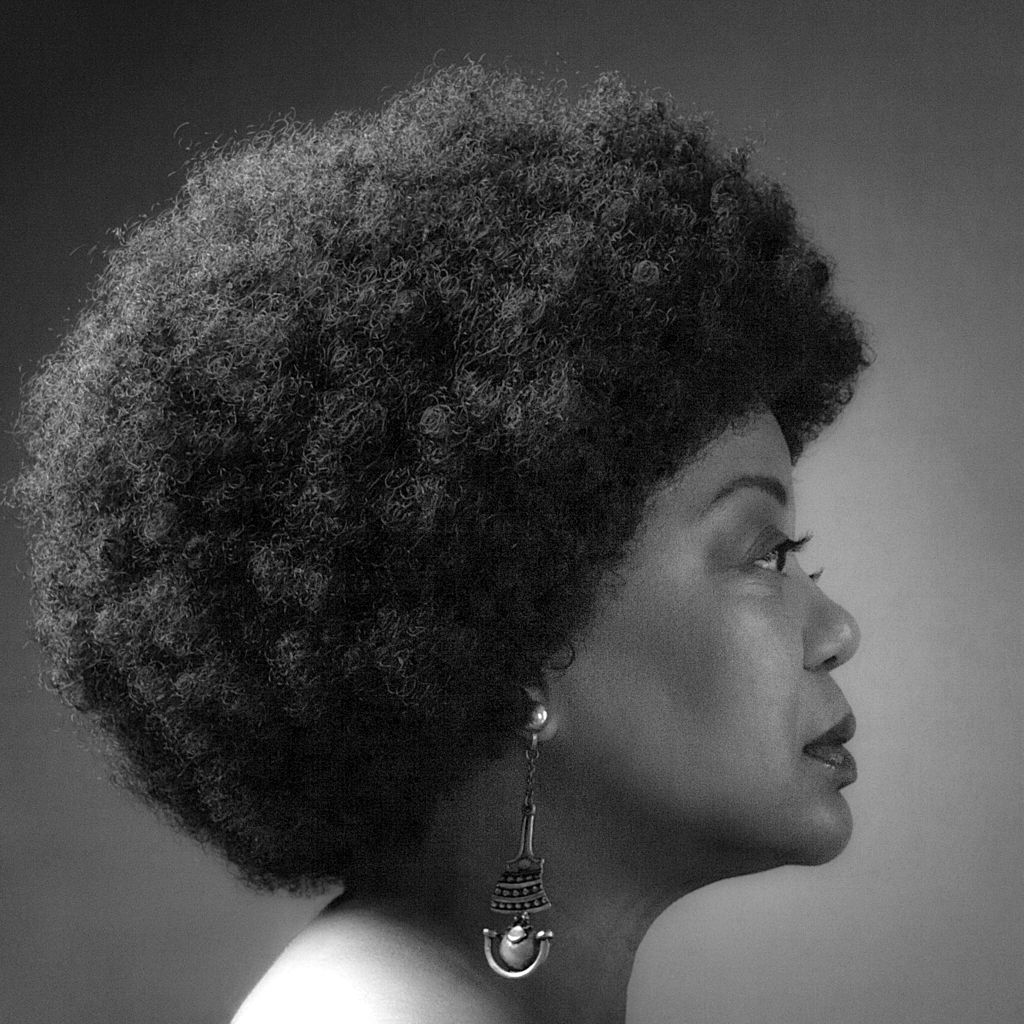
Ruth Naomi Floyd
Ruth Naomi Floyd presents, “Frederick Douglass Jazz Works,” created in honor of Frederick Douglass (1818-1895), an enslaved African in America who escaped to freedom and became a leading orator, political activist, abolitionist, writer, banker, ambassador, theologian and statesman. In this work, Floyd presents jazz comprised of her original compositions paired with the actual words from the speeches and writings of this powerful, timeless luminary. Illustrated through the art form of jazz improvisational music, the “Frederick Douglass Jazz Works” illuminates the themes of tragedy, grief, despair, and injustice of American slavery but through the multi-faceted prism of hope, joy, perseverance, and triumph— all with Frederick Douglass’s own words.
Ruth Naomi Floyd
Was Frederick Douglass one of the first "Influencers" ?
Explore with Ruth Floyd, Educator, renowned Jazz composer and Award Winning Fine Art Photographer-how Frederick Douglass purposefully utilized his image to change cultural perception .
Frederick Douglass, an influential figure in American history, was the most photographed American of the 19th century. In his lecture titled "Pictures and Progress," Douglass presented the new technology of photography and how to utilize it to challenge the dehumanizing and stereotypical depictions of African Americans in media. Douglass emphasized the importanceof reclaiming the power of self-representation to promote more accurate and empoweringimages of African Americans during a time when such representations were rare.
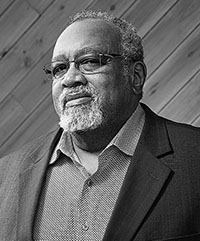
Dr. Glenn Loury
Lunch Talk: "Naked Emperor Equalibria are Unstable"
Baxter 101
Noon- Lunch Provided
Free Books
Glenn Loury, the Merton P. Stoltz Professor of the Social Sciences and Professor of Economics at Brown University is arguably the most important public voice in America today. At the age of 33, Loury was the first African American professor of economics at Harvard University to gain tenure and similarly the first black economists to be appointed as a distinguished fellow of the American Economic Association. His podcast, The Glenn Show is a tour de force of engaged and relevant social commentary offering insight and critical reflection on all matters political, economic and social. In particular he has carved out a consistent a principled position on matters of American race relations and stands in strong and vocal opposition to modern efforts to racialize criminal justice reform, affirmative action in higher education, and slave reparations.
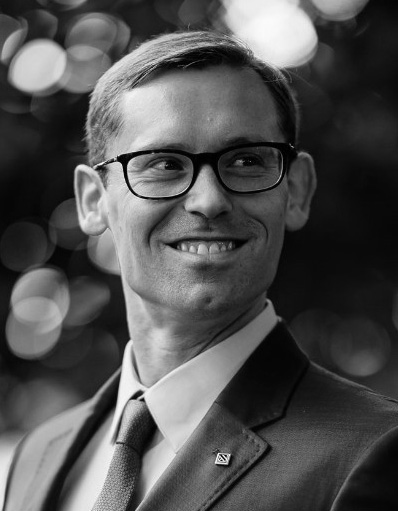
Alexander Schmid
Alexander Schmid is a doctoral candidate in the Comparative Literature Program and doctoral student in the Political Science Department at Louisiana State University. Last year, Schmid received a Phi Kappa Phi Research Grant to present a paper at the Dante Society of America Biennial New College Conference, and he was selected to present his research again at Harvard University’s Institute of World Literature in Mainz, Germany Summer 2022, for which he received full tuition funding. This year, Schmid has four academic publications forthcoming: one in the Dickinson College Commentaries series, another in the Journal of Contextual Economics, a third in a special issue of Humanities, and his fourth is a short review article on Columbia University’s Digital Dante website in Early Modern Digital Review. He is also organizing a panel for the Dante Society of America at the Renaissance Society of America’s 2024 meeting and is set to complete his dissertation in late 2024.
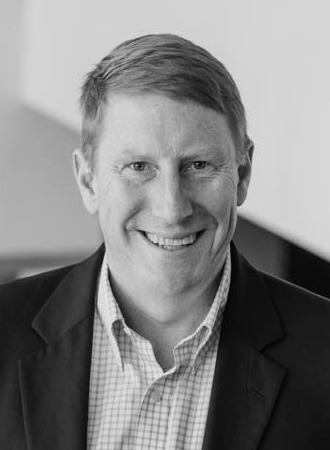
Benjamin Powell
Benjamin Powell is the Executive Director of the Free Market Institute at Texas Tech University and a Professor of Economics in the Rawls College of Business and a Senior Fellow with the Independent Institute. His research draws from Public Choice and comparative economics to investigate topics such as immigration and international economic development.
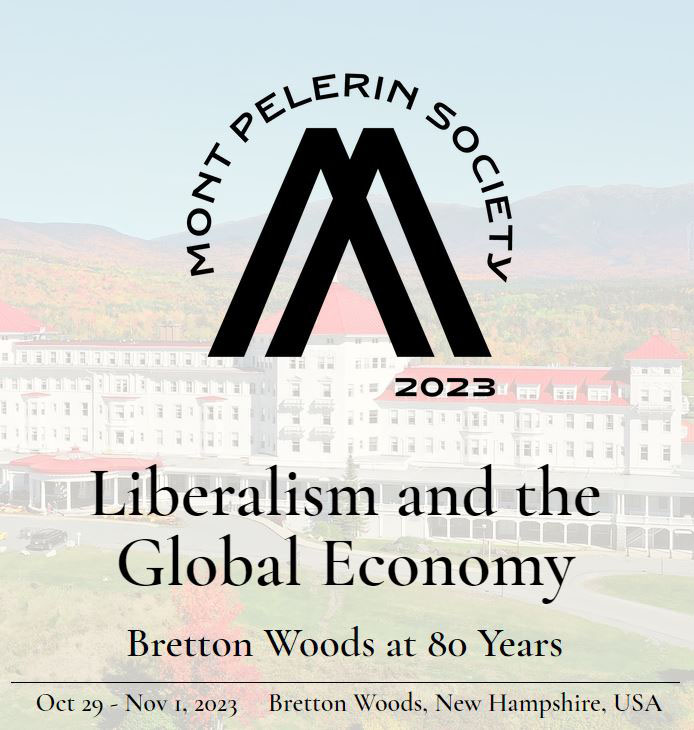
Professor D’Amico will be attending the annual meetings and escorting a group of 3-4 Wabash students to serve as support staff in conjunction with American Institute for Economic Research to assist in the conference operations.
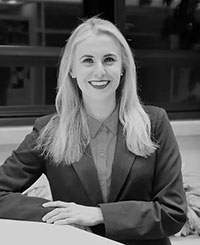
Abigail R. Hall
Abigail R. Hall is an Associate Professor of Economics at the University of Tampa. Her work surrounds issue related to U.S. defense policy and militarism. She particularly leverages theories from Austrian economics, Public Choice, New Institutional Economics and Constitutional Political Economy to investigate questions surrounding police militarization, war financing, and foreign interventionism.
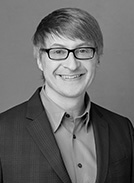
Remy Debes
Remy Debes is a Professor and Chair of Philosophy at the University of Memphis. He is also the Editor-in-Chief of The Southern Journal of Philosophy. Debes specializes in Ethics and the History of Ethics, particularly human dignity, respect, empathy, metaethics, and French and British enlightenment moral theory.

Shruti Rajagopalan
Shruti Rajagopalan is a Senior Research Fellow at the Mercatus Center and a Fellow at the Classical Liberal Institute at New York University School of Law. Rajagopalan’s research applies key concepts from Austrian economics, Law and Economics, Public Choice and Constitutional Political Economy to better understand the legal, economic and social development of India historically and over time. While colonially founded by Britain and imbued with many typical features of the common law, India also hosts a very unique role of religion in its society as well as a strongly embedded and informally enforced caste system. Rajagopalan’s manuscripts often investigate how standard theories of constitutional legal operation and economic development interact and relate to these uniquely Indian cultural conditions.
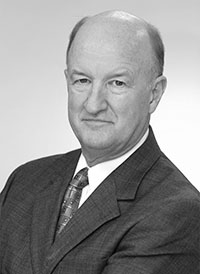
Mark Skousen
Professor Mark Skousen, Presidential Fellow at The George L. Argyros School of Business and Economics, Chapman University, will present research surrounding his innovative approach to empirically measuring the economic potentials and health of countries. His measure of Gross Output as opposed to conventional GDP or GNP measures, aims to track the total economic activity in the production of new goods and services in an accounting period and has been widely adopted and applied by the international institutions and agencies including the World Bank. While on campus, professor Skousen will also deliver guest lectures and meet with students on the topics of “Financial Economics: Why It’s Tough but Not Impossible to Beat the Market.” And “Say’s Law vs Keynes’ Law”.
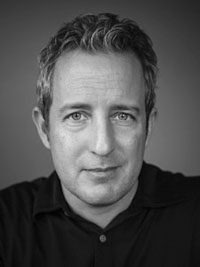
Edward Slingerland
Professor Edward Slingerland’s latest book of the above title, begins from the well-known observation that the material innovation, production and distribution of alcohol was a critical step in early human civilizational and economic development. Fermentation was not only crucial to saving and storing water and food stuffs but also the foundation of banking and financial services. Slingerland takes this observation further by focusing upon the role of intoxicants as a social lubricant helping early human communities to generate and foment bonds of friendship, family and extended network cooperation and trust.

In cooperation with professors Audrey Redford and Anthony Carilli of the Economics Department at Hampden Sydney College, The Institute will be sponsoring a reading and discussion seminar on the evening prior and morning of the Gentlemen’s Classic football match. Director D’Amico and a group of up to 5 Wabash students will travel to Hampden Sydney, participate in a guided discussion group on a selection of readings and enjoy the football game. The readings have been curated to showcase the rich tradition of Classical Liberalism at Wabash College and is aimed to be published as a collected volume for ongoing distribution by the institute in conjunction with the American Institute for Economic Research.
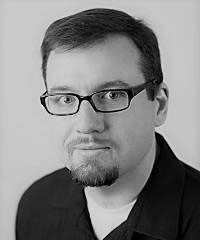
Adam Martin
Adam Martin is a Political Economy Research Fellow at the Free Market Institute and an associate professor of agricultural and applied economics in the Gordon W. Davis College of Agricultural Sciences & Natural Resources at Texas Tech University. Dr. Martin's research interests focus on the intersection of philosophy, politics and economics and include Austrian economics, economic methodology, economic development and public choice.
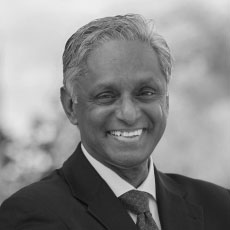
Chandran Kukathas
Chandran Kukathas is a Malaysian-born Australian political theorist and the author of several books. Until 2019 he was Head of the Department of Government at the London School of Economics, where he held a Chair in Political Theory.

Chandran Kukathas
Chandran Kukathas is a Malaysian-born Australian political theorist and the author of several books. Until 2019 he was Head of the Department of Government at the London School of Economics, where he held a Chair in Political Theory.

Gianna Englert
Gianna is an Assistant Professor in the Department of Political Science at Southern Methodist University. Her research interests include the history of political thought, liberalism, political economy, suffrage and citizenship.
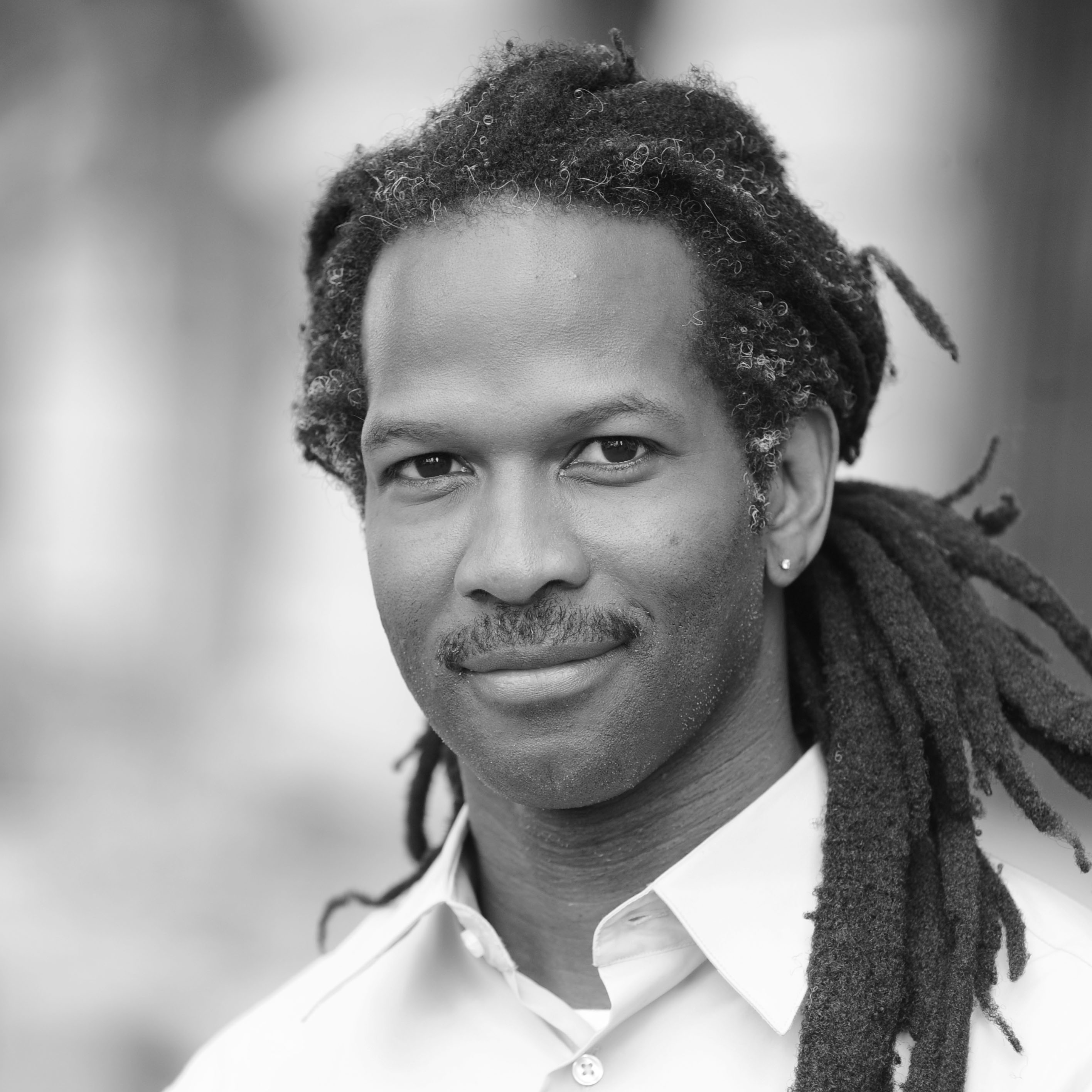
Carl Hart
Carl L. Hart is an American psychologist and neuroscientist, working as the Mamie Phipps Clark Professor of Psychology at Columbia University. Hart is known for his research on drug abuse and drug addiction, his advocacy for the decriminalization of recreational drugs, and his recreational use of drugs.
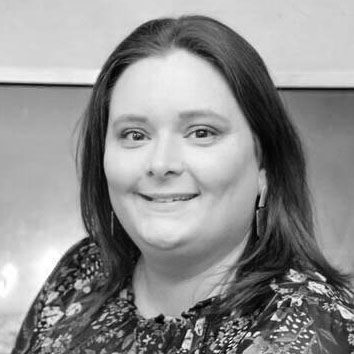
Audrey Redford
Audrey Redford is an Assistant Professor of Economics & Business in the Departments of Economics & Business at Hampden-Sydney College.
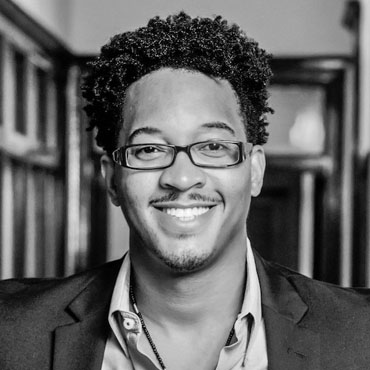
Brandon Davis
Brandon R. Davis is an Assistant Professor in the Department of Political Science and the Murphy Institute at Tulane University.
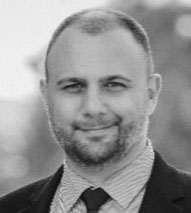
Stefan Kolev, PhD
Kolev is a leading intellectual historian of Hayek and Ordo-liberalism amongst German speaking economists. His presentation particularly appealed to students formerly enrolled in professor Snow’s dedicated class on the thought and life of F.A. Hayek. His visit was a convenient opportunity to collaborate with Aurelian Craiutu, political science faculty at IU Bloomington and participant of the Ostrom workshop therein. Professor D’Amico also discovered and shared material from the Wabash archive reporting on Ludwig Erhard’s 1968 campus visit as Kolev is the Academic Director at the Ludwig Erhard Forum for Economy and Society in Berlin.
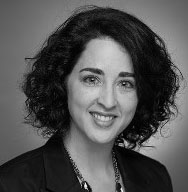
Rachel Ferguson, PhD
Professor Ferguson is a philosopher, the Director of the Free Enterprise Center, and Assistant Dean of the College of Business at Concordia, Chicago. Her prior research focuses on the political content of David Hume. Her most recent book argues that the broader narrative regarding the material and social progress of the American black community has underplayed the important role of commerce and entrepreneurship in elevating black lives and the black community. Her work carries a unique ability to resonate across both right and left wing politics.
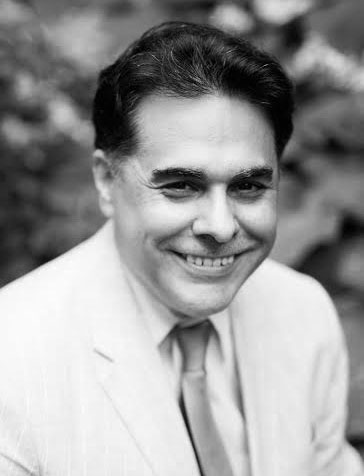
Fabio Rojas, PhD
Professor Fabio Rojas teaches Sociology at Indiana University, Bloomington. His research focuses upon how social and protest movements make strategic choices in framing policy and institutional demands, resolving collective actions problems, and selecting particular language amidst marketing efforts. His past book focused upon the rise and general success of black student movements in developing black studies departments across higher education. He published multiple studies on the rise and fall of the anti-war movement amidst US involvement in the middle east. His current work focuses on how Black Lives Matter has impacted verbiage and messaging surrounding civil rights issues in online communication.

Fabio Rojas, PhD
Professor Fabio Rojas teaches Sociology at Indiana University, Bloomington. His research focuses upon how social and protest movements make strategic choices in framing policy and institutional demands, resolving collective actions problems, and selecting particular language amidst marketing efforts. His past book focused upon the rise and general success of black student movements in developing black studies departments across higher education. He published multiple studies on the rise and fall of the anti-war movement amidst US involvement in the middle east. His current work focuses on how Black Lives Matter has impacted verbiage and messaging surrounding civil rights issues in online communication.
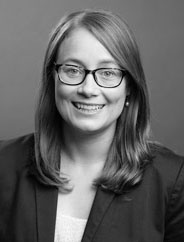
Diana Thomas, PhD
Professor Thomas’s research explores the unintended consequences of regulation and the role that political entrepreneurs play in changing the rules that govern society. She has published in numerous academic outlets including Public Choice, Kyklos, Applied Economics, the Southern Economic Journal, and the Journal of Banking and Finance. At Creighton University she is the director of the Menard Family Institute for Economic Inquiry and teaches Microeconomics and Public Choice theory.
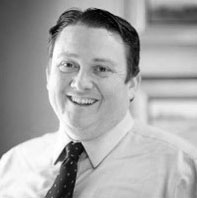
Ryan Yonk, PhD
Professor Yonk is an empirical Public Choice economist and Senior Research Fellow with the American Institute for Economic Research. His research focuses on questions of natural resource management and environmental economics. Professor Yonk delivered a thorough presentation on various internship, research and career opportunities for Wabash students to explore at AIER.
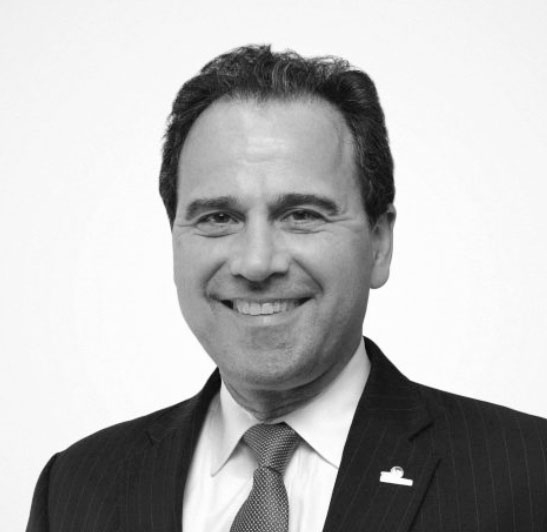
Scott Hodge, President & CEO, The Tax Foundation
Scott Hodge has been president of the Tax Foundation in Washington, D.C., since 2000, and is recognized as one of Washington’s leading experts on tax policy, the federal budget, and government spending. Scott led the development of the Taxes and Growth Dynamic Tax Modeling project and the State Business Tax Climate Index, two projects that have changed the terms of the tax debate, encouraged competition towards pro-growth tax policies, and demonstrated to policymakers and taxpayers alike the impact of the tax code on our daily lives. He has written dozens of editorials and opeds in The Wall Street Journal, The Washington Post, USA TODAY, the New York Post and The Washington Times. And he has conducted more than 1,000 radio and television interviews–including with NBC Nightly News, CBS Evening News, CNN, Fox, Hardball with Chris Matthews, and C-SPAN. Before joining the Tax Foundation, Scott was Director of Tax and Budget Policy at Citizens for a Sound Economy. He also spent ten years at The Heritage Foundation as a fellow analyzing budget and tax policy.
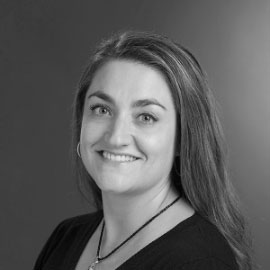
Lauren Hall, Rochester Institute of Technology
Lauren Hall is associate professor of political science at Rochester Institute of Technology. She is the author of Family and the Politics of Moderation (Baylor University Press, 2014) and the co-editor of a volume on the political philosophy of French political thinker Chantal Delsol. She has written extensively on the classical liberal tradition, including articles on Edmund Burke, Adam Smith, and Montesquieu. She serves on the executive board of the interdisciplinary journal Cosmos+Taxis, which publishes on spontaneous orders in the social and political worlds. Her current research is on the politics of birth and death, and she also writes on related areas in evolutionary theory and bioethics.
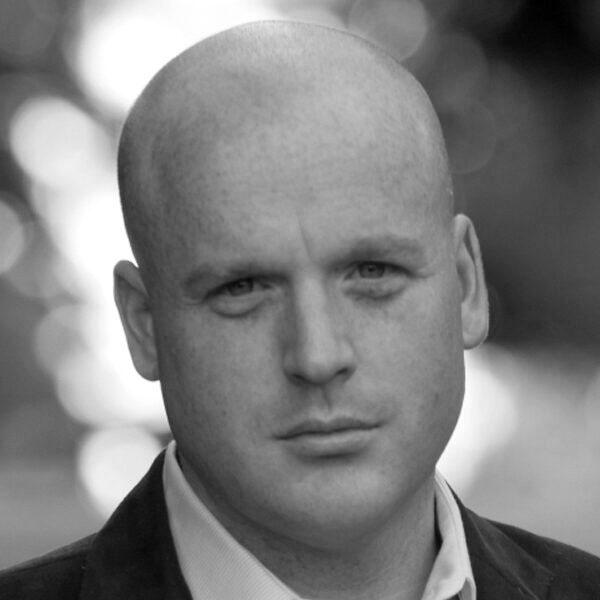
Radley Balko, Washington Post; Cato Institute
Radley Balko is an investigative journalist and a columnist for The Washington Post, where he writes about the criminal justice system and civil liberties. He was previously a senior writer and investigative reporter at the Huffington Post, and a reporter and senior editor for Reason magazine. He is author of the acclaimed book Rise of the Warrior Cop and co-authored The Cadaver King and the Country Dentist: A True Story of Injustice in the American South. His work has been cited by the Mississippi Supreme Court, and two federal appeals courts, and twice by the U.S. Supreme Court. He also occasionally writes about the music and culture of Nashville, Tennessee, where he lives.
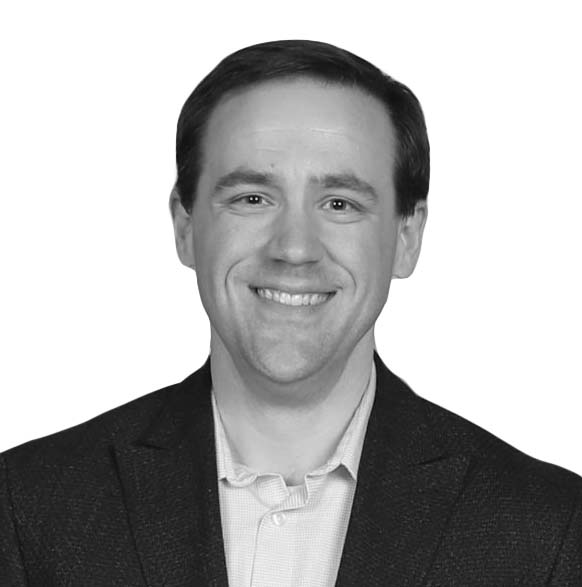
Kevin Vallier, Bowling Green State
Political philosopher Kevin Vallier will offer a powerful counter-narrative to the prevailing sense of hopelessness that dogs the American political landscape. In an unapologetic defense of classical liberalism that synthesizes political philosophy and empirical trust research, Vallier restores faith in our power to reduce polarization and rebuild social and political trust.
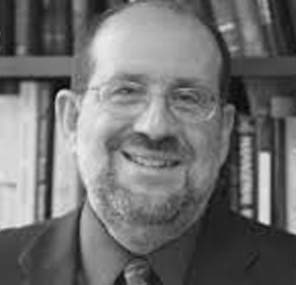
Art Diamond '74, U. of Nebraska
In the shadow of a continuing pandemic, we discussed public-policy questions that affect innovation in health care. How do government regulators find the right level of public oversight? As pharmaceutical researchers try to balance the need between saving lives and ensuring safety, some are rethinking older protocols and timelines for clinical trials. Dr. Diamond began with introductory remarks about Professor Benjamin Rogge, his mentor at Wabash.
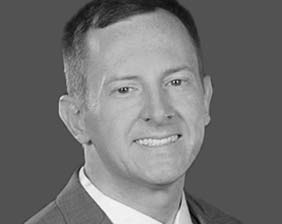
Will Luther, Florida Atlantic U.
Co-sponsored with PPE & Economics
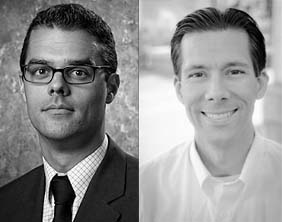
Justin Logan, Cato Institute
Paul D. Miller, Georgetown U., fmr. Natl. Security Council Director of Afghanistan
Sarah Anderson, Director of Federal Policy, FreedomWorks
Ed Chung, Senior Fellow, Center for American Progress
Vikrant Reddy, Senior Fellow, Koch Institute
Between the aggressive crime legislation of the 1990s, post-9/11 concerns about domestic terrorism, and continued minority discrimination in policing, many are troubled by the erosion of equal justice under the law as guaranteed by the Constitution. Conservatives and Libertarians, long committed to individual rights, are now collaborating with Progressives to question the status quo in our law enforcement and court systems, pointing towards dramatic possibilities for public-policy reform.
Teresa Bejan, Oxford University
Is "civility" just a synonym for "politeness" or "good manners"? Oxford political theorist Teresa Bejan addressed this provocative question, based on her recent book, Mere Civility. Her argument looks back to the raucous debates and disputes of the 17th century, including the thought of philosophers Thomas Hobbes and John Locke, as well as Puritan theologian Roger Williams (and thus draws on the history of early American colonial governments). This intellectual history reminds us, too, that the oft-announced "crisis of civility" is not actually a new problem. Moving to contemporary questions, Bejan explored ways we can have controversial conversations, keep a tolerant society, and allow room for uncomfortable dissent.
The Institute sponsors events that bring thought leaders to the Wabash campus, engaging students and the wider community. See Upcoming Events.
The Institute supports students pursuing summer internships with national and international public-policy organizations aligned with its mission. Learn More.
The Institute was founded by Wabash alumnus Richard J Stephenson '62, a philanthropist and entrepreneur who is committed to a free society. Learn More.
Drawing on the experience of legendary Wabash trustee Pierre Goodrich and Economics Professor Benjamin Rogge, the Stephenson Institute celebrates Wabash's tradition of exploring ideas over ideology. Learn More.
As part of a long tradition of building free societies, including principles such as individual choice and constitutionalism, some perennial ideas about liberty resonate–from the Founding Era to our own. Learn More.
SHARE PAGE